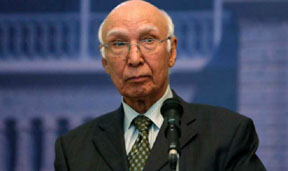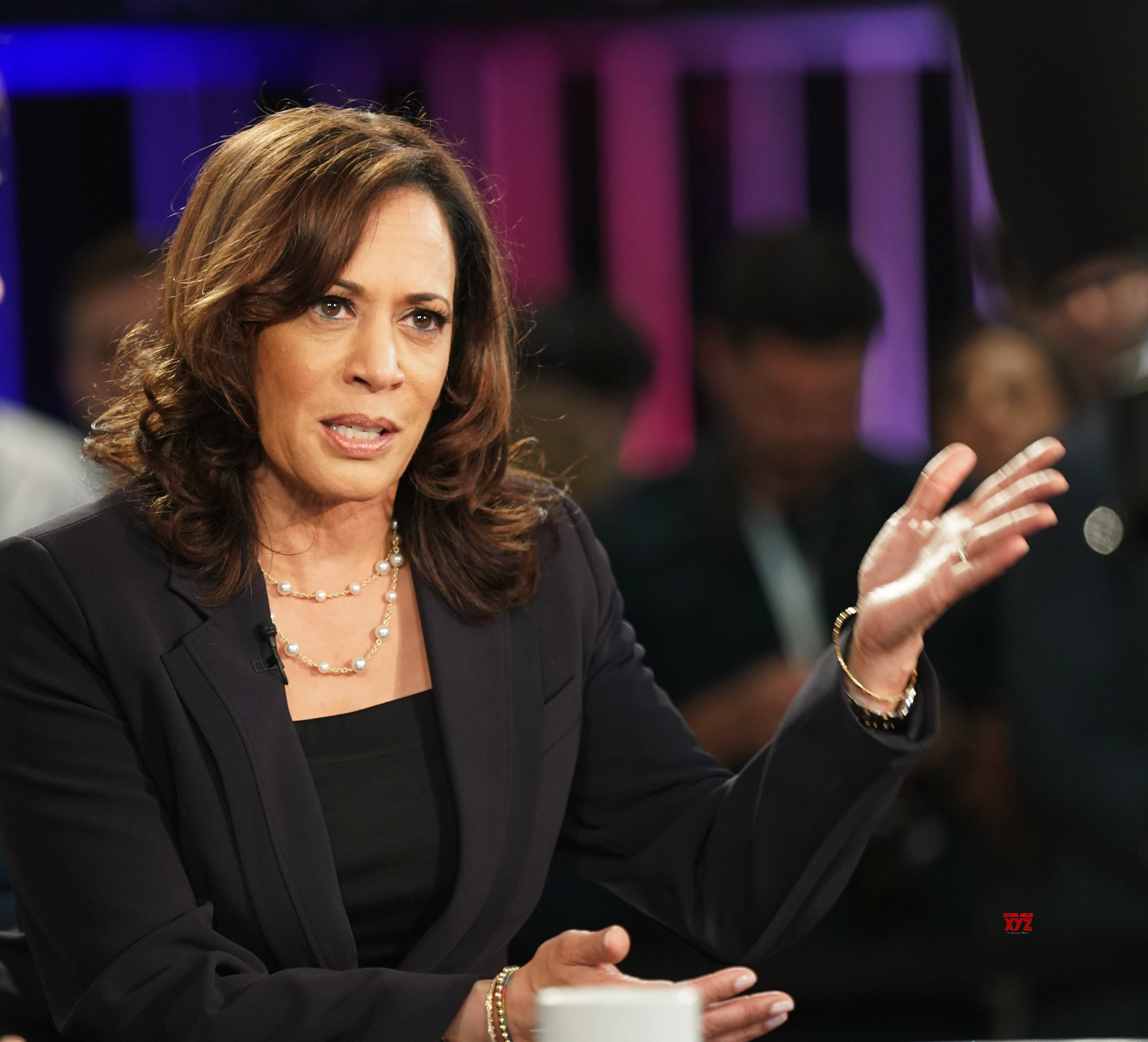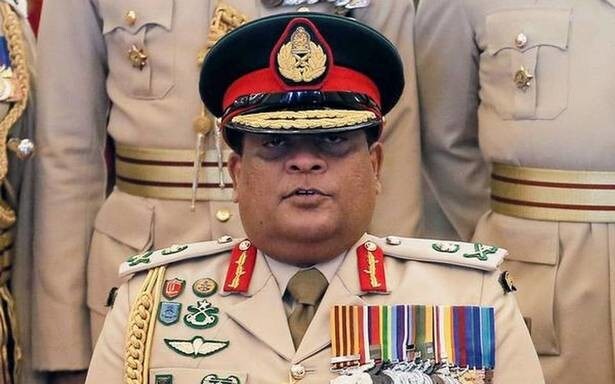 WASHINGTON: Pakistan today ruled out any change in its “dynamic” policy of increasing its nuclear weapons, as it dismissed the US’ request in this regard citing India’s rapid military modernization.
WASHINGTON: Pakistan today ruled out any change in its “dynamic” policy of increasing its nuclear weapons, as it dismissed the US’ request in this regard citing India’s rapid military modernization.
A day after Secretary of State John Kerry asked Pakistan to review its policy of increasing its nuclear weapons stockpile which currently is among the fastest growing in the world Sartaj Aziz, foreign affairs advisor to Pakistan’s prime minister, conceded that the nuclear issue was one of the areas of differences between the US and Pakistan.
In addition to Pakistan’s policy with certain terrorist groups like the Haqqani network, the other issue of concern is of course the issue of nuclear weapons, because non- proliferation is an important agenda for the US, Aziz said.
“In terms of the safety and security of nuclear weapons command and control system, we have made outstanding progress.
Globally all the international agencies and the US have acknowledged that Pakistan has developed a very good system for the safety for export control, and command and control system,” Aziz said during an interaction at the Council on Foreign Relations.
“But the (American) concern remains. Our nuclear capacity is a deterrent against Indian capacity. Deterrent is not a static concept. It is a dynamic concept. If your adversary goes on expanding its capacity, then you have to respond. It is not something that you can take something for granted,” Aziz said.
“We keep insisting in our relationship that India is the independent variable in this. We are the dependent variable.
So if India were to restrain and US would not increase its strategic and conventional imbalance between the two countries, then our task would become easier,” Aziz said.
Pakistan can’t even afford this strategic and conventional imbalance with India, he said.
“In conventional terms, our imbalance has increased phenomenally. In 1990s our defense budget was USD 3.5 billion and India’s was USD 11 billion. We have moved from USD 3.5 billion to USD 7.5 billion. India has moved from USD 11 billion to USD 50 billion. So it makes our task much more difficult,” he said.
“So we keep telling the US. This is our complaint with them that you are welcome to develop your relationship with India the best way you can, but keep in mind that you do not increase this imbalance between the two countries, or contribute to creating the atmosphere so that we don’t need all these things,” Aziz said.–PTI






